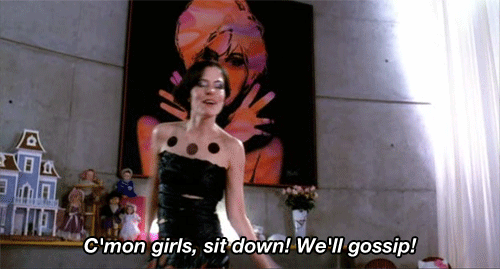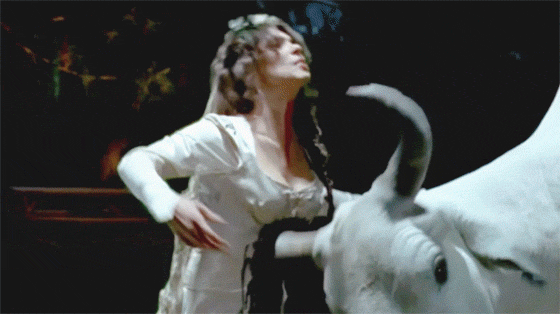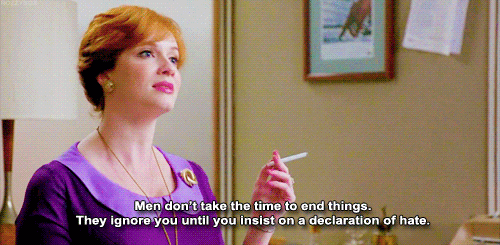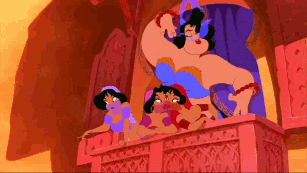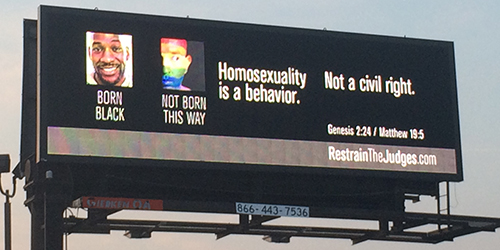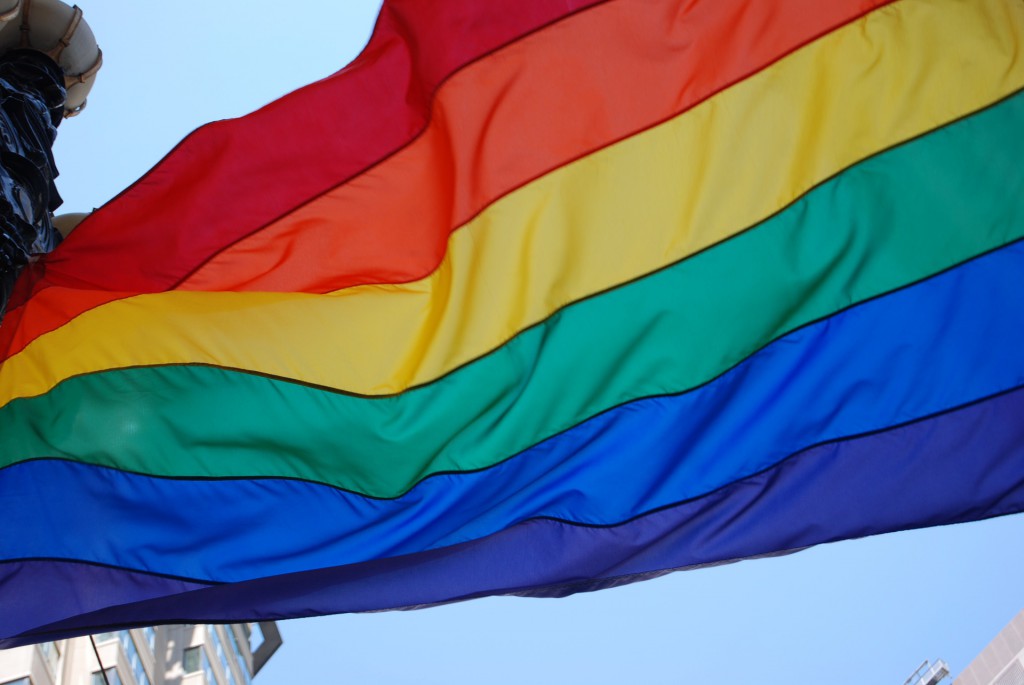
“So put on your coat / Give them a show / Make them all desperate to be you” – HURTS, “Beautiful Ones”
I am struggling to find the place I should start this particular story. A suggestion: The handwritten letter I gave my parents my sophomore year of college — after I fell, for the first time, in love with another man. He was a pianist-vocalist-clarinetist living in my dorm.
He once took me to one of the open practice rooms on the music campus and performed a Rufus Wainwright song he had picked up by ear — piano and vocals. He was so excited to have picked it up by ear and wanted to share it with someone; I was so excited that he had elected that someone to be me. He was the first man I smoked a cigarette with. We bonded over video games and a shared love of Parker Posey’s comedic timing.
Months later, the letter. My mom’s immediate impulse was frenzy; “You’re confused,” she suggested, “because you’re oversocialized. Go focus on your homework. You’re not studying enough.” My dad was more measured: “I don’t really know what this means, but whatever it means, we love and support you.”
I told my brother over the phone. He wasn’t sure how to respond but was sure enough to respond with support.
~
The pianist-vocalist-clarinetist and I posted for a dorky photograph where we’re holding cigarettes in between our lips and cartons of chocolate milk — an obvious homage to Rufus Wainwright. I have the photograph stashed away somewhere still, I think.
…and then, at the end of the school year, he transferred schools to Austin, hundreds of miles away. He said he missed the breakfast burritos and the sunshine. I wanted to shake him; I wanted to scream, “You fucking fool, aren’t you going to miss me?” My heart was broken and it was the first time in my sad little gay boy life that I realized I was capable of having my heart broken by another man. It was the most I think I ever cried over the prospect of being separated from someone who I felt that way about.
At the time, it felt like this:
But if you were to ask me nowadays, I’d tell you I handled it like this:
~
Do I start this story at the time my dad drove me to Best Buy the summer of my first part-time job, when I had saved enough money to buy Spice by the Spice Girls on CD for $12.72? Or all those times he got me Tori Amos tickets because his office had season passes to every event at the venue and nobody from his work ever called dibs for a Tori show? He never asked me for questions; he just took it on as a fatherly duty and I don’t know if he knows that I remember, but I do. You just don’t forget the people who give you Tori Amos concert ticket hook-ups.
“You just don’t forget the people who give you Tori Amos concert ticket hook-ups.”
Maybe it starts earlier than that, when my mom found me singing a song from Aladdin (“One Jump Ahead”, the oh it’s sad Aladdin’s hit rock bottom part that the oddly Brooklyn-accented brothel girls belt out in unison) and asked me, “Why do you always sing the girl’s part of the song?”
The film strip gets fuzzier if we go back earlier and I rely on hearsay. My grandmother cackles as she reminds us all how when I was a toddler, I dressed up in my aunt’s nightgown for no apparent reason. Or when I once told her I thought the Hindu deity Shiva was “handsome.” I swear to god, that’s what was said.
Mom and I agreed we wouldn’t need to tell my grandmother that I would never bring home a wife. Call it a compromise.
~
For so many years, I was turned off to the idea of Pride. No, not the idea of Pride; I was turned off to what a small group of people was trying to convince us was the notion of Pride — exclusion, excessive consumption, materialism. It all seemed so divorced from the origin of Pride. After all, the fight for LGBTQ+ rights wasn’t waged so megabank sponsors could just turn us into another consumer segment they could profit off; nor was it waged so bars and clubs could charge exorbitant door fees to patrons looking to celebrate in safe spaces; it wasn’t waged so white gay men could sequester the rest of us away from the festivities.
“It all seemed so divorced from the origin of Pride.”
It was waged so the rest of us could move as freely through the world around us as our straight counterparts. That’s it. So we wouldn’t have to navigate the world seeing garbage like this on billboards for the rest of our lives:
Maybe I was turned off to the idea of Pride because I hadn’t learned, at that point, how to love myself as a queer man.
A digression then.
~
Strength-building these days is an activity that makes me understand my impulse to survive and thrive; strength-building in this month has been something I’ve not been able to sift out from what I’ve felt in memorializing the Pulse nightclub attack.
Last year, it had taken me over a week to process what had happened — and the hateful culture of a country that allowed it to happen. I remember at some point–later that week or halfway through the following: I was driving home from work and I saw American flags waving from car dealership lots at half-mast; The Veronicas’ “In My Blood” came on my stereo. I broke out sobbing and kept listening to that damn song over and over again. I don’t know whether the flags were half-mast for the reason I thought they should be, but I imagined that was the case.
I cried for these people who I didn’t know, who I wouldn’t ever get to know, but with who I was connected with on some very fundamental level. In our corners of the world, we were fighting for our lives and celebrating what made us us. There is kinship in that. I broke out sobbing for a goddam fucking country that had engineered a culture where hatred against queer people is so normalized, that we’re not even safe in our safe spaces.
At that moment, I concluded that every single straight person who had committed even the slightest microaggression against a single queer person in their life had blood from Orlando on their hands. I don’t think they’ll ever be able to get the grit out from under their fingernails. Sorry, guys, but if you insist on posting pictures of your babies on Facebook and can’t be bothered to light a candle for our brothers and sisters who fell, you’re complicit.
“Strength-building is how I am learning to establish my space in the world around me.”
When you feel powerless — especially in a culture that has conspired to keep you marginalized as much as it can on the basis of race and sexuality — lifting more and more and more feels like a way to move forward. A way to fight back and claim space, physically, in this world.
Strength-building is how I am learning to establish my space in the world around me, after a lifetime of skulking around the fringes. Lifting that barbell above my head and maintaining good form is my own way of asserting that happiness and self-worth. It is an activity that helps me learn to love myself, by way of teaching me how to be stronger.
~
What nobody does well is explain how much of being happily queer is coming to terms with being alone, in your body. It is premised on making peace with your place in the world and the quiet vastness around you. For many of us, Pride is the ability to assert our happiness and self-worth in spite of this vastness. This is a world and a life where many of us will find ourselves achingly alone. And that’s okay.
“Pride is a thing that blooms from within.”
Of course, Pride is a thing that blooms from within. It is a thing you can celebrate alone at home when you make a wonderful dinner for yourself or a thing you celebrate with friends when all of you get too many vodkas and cheer on parade floats. It is a thing you can celebrate anytime you damn well please throughout the year. Any of us can partake in Pride however we damn well please — even if it means not partaking in it at all.
Pride is about our power. To power to cut down the thickets and break barriers, to love, to support one another: The power to move as freely as we are able to in a world that tries to make an obstacle course out of our lives. Our victory lies in our revelry and our happiness.
The happier they see us, the angrier they’ll get.
Let’s make them so angry we can see the smoke shoot out of their ears.
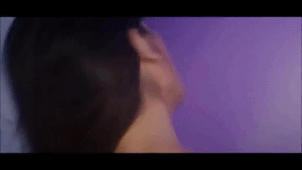
Rohin Guha is an editor at The Aerogram. Follow him @ohrohin. Follow The Aerogram @theaerogram.

